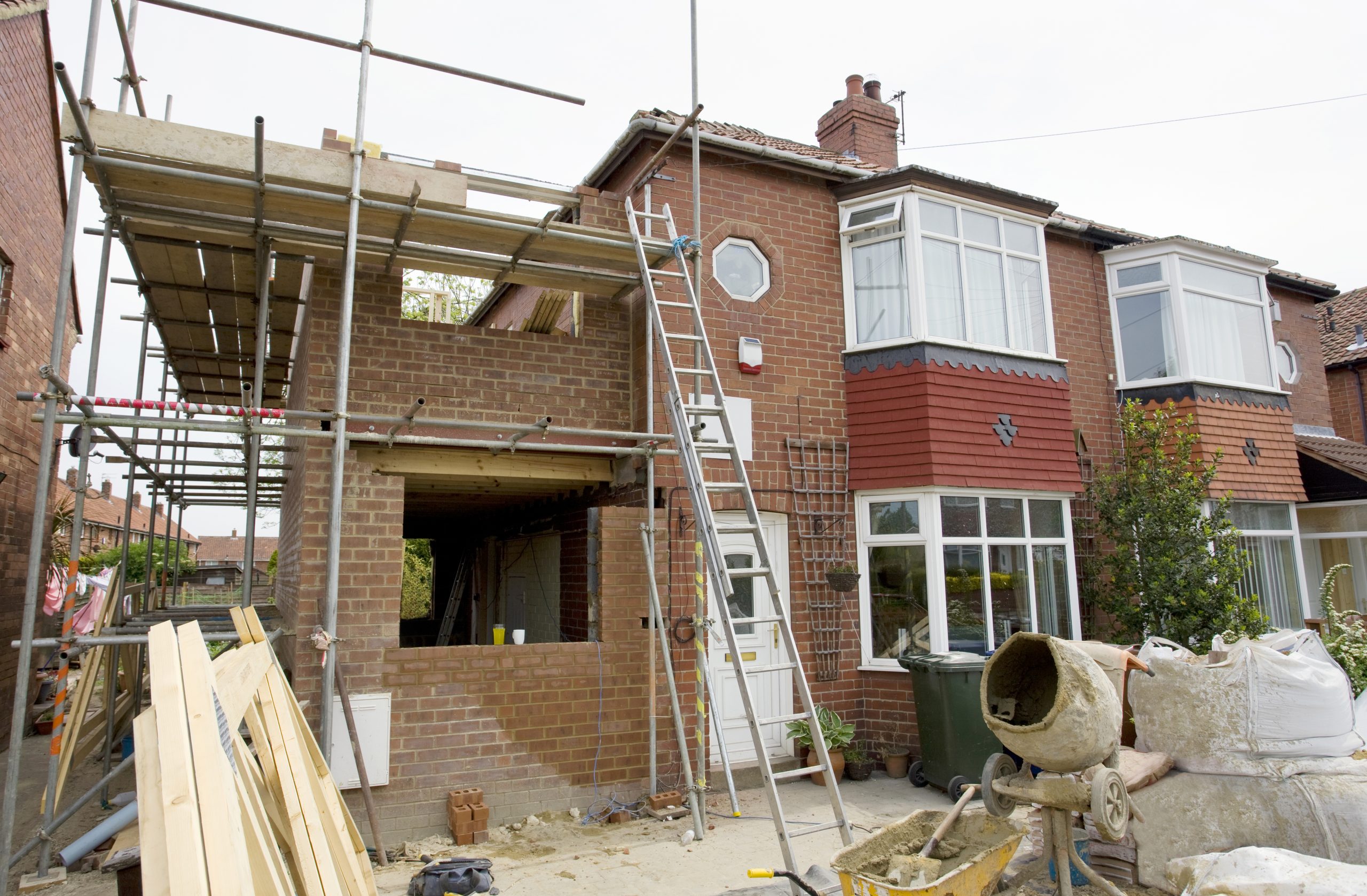LSDC Report Response: Embedding Social Value is Vital

The London Sustainable Development Commission’s (LSDC) recently released report ‘Embedding Social Value into the London Plan’ has arrived at a time of significant relevance for the planning sector as a whole.
In July, the King’s Speech set out the new government’s legislative agenda and amongst the announcement of 39 new bills was a significant focus on house building and planning reform, including a revitalised Planning and Infrastructure Bill aimed to help “take the brakes off Britain”.
1.5m new homes are targeted over the next parliament, with social and affordable housing at the heart of these ambitions. These commitments can only be welcomed at a time when there is a crippling shortage of affordable homes, and housebuilding targets set by the previous government were undershot by some distance. However, a rapid drive for new developments does of course bring with it significant risks – such as a race to the bottom and rushed implementation leading to drastic corner-cutting.
The recommendations of this report would undoubtedly help alleviate such risks. The call to place social value at the heart of the planning process, and in doing so bringing the voices of local communities with most at stake, would enhance accountability and transparency and bring far better long-term outcomes.
There is a wealth of evidence showing that the places and spaces in and around which we live have profound impacts on our quality of life and our opportunities. Our physical surroundings are determinants of our health and mental wellbeing. They impact how we experience, how we socialise, exercise and play.
The right place can convene, converge and unite, but in equal measure the wrong space can disperse, disjoin and divide. For communities, spaces should be the connective glue of cohesion rather than an impediment to societal progress.
Embedding social value is essential when creating spaces
Social value in its simplest form is the holistic set of benefits that can be drawn from the places where we live and work. Optimising social value in planning, design and development is a must. It is obvious, or it should be, but so often our places are created through the wrong or limited lenses. The semi-permanence of poorly created spaces can leave generational scars and a myriad of lost opportunities.
Engaging the local community during all stages of development is crucial to embedding meaningful social value in a project from the start. Our previous report Social Value Playbook (August 2022) provides examples illustrating best practice in community engagement.
For example, community review groups, like the Community Review Group for Old Oak and Park Royal, consist of a small diverse group of locals who meet regularly to discuss large applications, emerging policies and ongoing developments in their area, and provide a community voice to influence local decision-making.
In addition, Community Charters, such as Village Design Guides, work by giving local residents the opportunity to support the development of key design principles and guidance for their local area which is then used in the evidence base for an emerging neighbourhood plan.
These methods of engagement therefore help deliver tangible social value outcomes by allowing local people to directly influence local policy. We must value the lived experience of local communities, as by not doing so means missing essential intel & community co-creation.
The report seeks makes recommendations around nationwide social value
The newest LSDC report, published August 2024, shows the ‘why’ of social value by drawing on a growing set of examples of where a social value approach is being applied by planners and developers to ensure that a full set of benefits flows to those living and growing up in our evolving physical environments.
It also offers a ‘how’ through providing a set of recommendations for both the national planning framework and the London Plan so that they can best capture the opportunities created by putting social value in bold. It also provides a definition of ‘what’ social value is and recommends that a consistent definition be used across policy to avoid confusion and jargon.
Whilst this report places a specific focus on development in London and recommends how social value could and should be embedded more deeply into the London Plan, it broadens these recommendations with a call to bring social value more formally and prominently into national planning policy and procedures. That would put local planning authorities, including London, on a much stronger footing to introduce local social value policies and deliver them with stakeholders.
A key theme running through the LSDC’s report is to deliver action and not just words. As the range of case studies demonstrate, change and outcomes have been achieved where deliberate and concerted social value driven activities have taken place – where decision-makers have gone beyond pledges to commitments. As the report succinctly demands: “social value should not be seen as an academic concept understood by a few, but as a practical call to action affecting us all”.


Byline: LSDC Commissioners David Elliott, Chief Executive of The Future Forest Company, and Maria Adebowale-Schwarte, Director and Founder of the Living Space Project.

